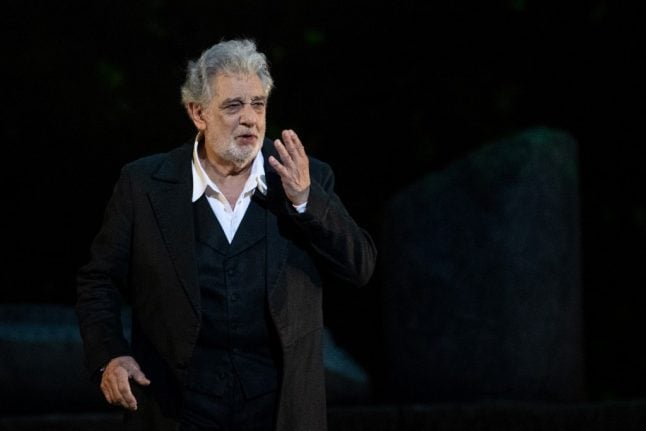“I feel it is my moral duty to announce to you that I have tested positive for COVID-19, the coronavirus,” the 79-year-old wrote on his Facebook page.
“My family and I are all in self isolation for as long as it is deemed medically necessary. Currently we are all in good health but I experienced fever and cough symptoms therefore deciding to get tested and the result came back positive.”
He encouraged his followers to wash their hands regularly, keep their distance from one another and follow the advice of experts before ending his statement with a word of encouragement.
“Together we can fight this virus and stop the current worldwide crisis, so we can hopefully return to our normal daily lives very soon,” he said.
The Spanish icon, who won worldwide acclaim in the 1990s as one of the Three Tenors alongside Jose Carreras and Luciano Pavarotti, has since August been engulfed in a sexual harassment scandal.
He is accused of forcibly kissing, grabbing and fondling women over a period of more than 30 years.
READ ALSO:



 Please whitelist us to continue reading.
Please whitelist us to continue reading.
Member comments